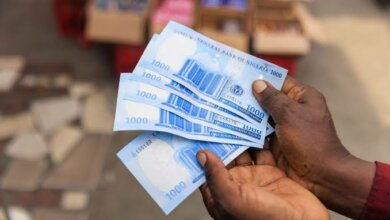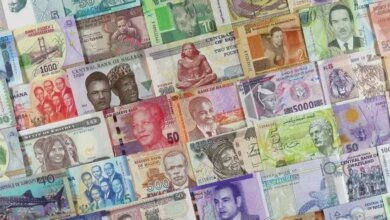From Afghanistan to Ukraine, crypto adoption is now going global

Last week, El Salvador officially became the first country in the world to make bitcoin legal tender — but it’s not the only nation moving quickly on crypto adoption. In the past month, Ukraine has legalized cryptocurrency, Panama introduced a bill that would allow crypto to be accepted for payment, and Afghanistan has seen crypto adoption skyrocket. Each country has different reasons for embracing crypto. Let’s dig in.
- Ukrainian cabinet officials have been meeting with counterparts in El Salvador to discuss crypto adoption. Ukraine’s President Volodymyr Zelensky also recently toured Silicon Valley to learn how the country can digitize its economy, which has struggled with a devaluing currency for much of the past decade. Ukraine expects to open its crypto market to businesses and investors next year, potentially setting the stage for a transition to a dual currency economy, where bitcoin sits alongside its fiat currency, the hryvnia.

- In Afghanistan, the Taliban’s ascent has contributed to a rapidly devaluing currency and a severe cash shortage. Local bitcoin exchanges, however, haven’t ceased operating, allowing family members abroad to send money to those back home, who can exchange it for hard currency to buy food and other necessities.
Read also: Nigeria ranked the country with the highest cryptocurrency adoption in the world
- Digital currencies have become many Nigerians’ on-ramp to the global economy, despite government efforts to restrict crypto. Some Nigerians are using crypto to import goods — from China, for example — that can then be resold domestically. And Nigeria isn’t alone. Throughout sub-Saharan Africa, more than $80 million in bitcoin was sent via peer-to-peer exchanges in the last month, roughly as much as was transferred in North America.
Why it matters… Developing economies lead the world in crypto adoption, requiring governments to come to terms with its existence. India, which was reportedly planning a crypto ban earlier this year, is now working on a regulatory structure. Both Nigeria and India are planning to launch Central Bank Digital Currency pilot programs soon (CBDCs are state-issued money, unlike BTC, which is decentralized), joining at least 81 countries around the globe, from China to Sweden.
| Source: PLANET CRYPTO |
Oral Ofori is Founder and Publisher at www.TheAfricanDream.net, a digital storyteller and producer, and also an information and research consultant.





